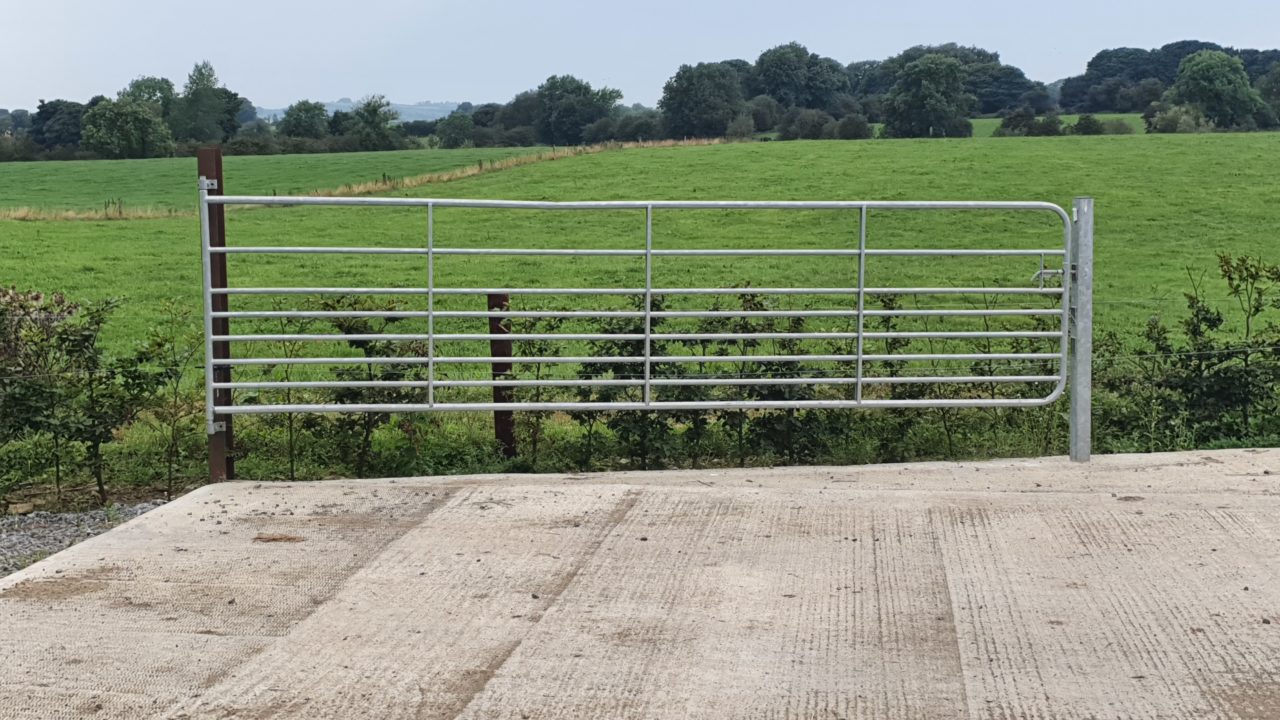The changes to payment dates for some schemes this year, which will see payments pushed back by a number of weeks, is due to the “massive logistical challenges” that come with the first year of a new Common Agricultural Policy (CAP).
That’s according to Minister for Agriculture, Food and the Marine Charlie McConalogue, who spoke on the matter in the Dáil yesterday (Thursday, April 20).
Areas of Natural Constraints (ANC) payments will be pushed back by a month to October 17, while Basic Income Support for Sustainability (BISS) payments will be made from October 24.
McConalogue was taking questions from Roscommon-Galway TD Claire Kerrane, in her first Dáil outing as Sinn Féin’s new agriculture spokesperson.
She quizzed the minister on aspects of the new CAP that would see farmers have to deal with technology that they may be unused to, such as increased digitalisation, especially in the area of satellite inspection through the Area Monitoring System (AMS).
Kerrane also called for farmers to receive payment according to the same timeline as previous years.
She said: “Farmers have loans, money owed to banks, [and] massive input costs… It is important that those payments are made on time.
“Everything the [Department of Agriculture, Food and the Marine] can do needs to be done to make sure we are not seeing delays of three or four weeks of farmers getting payments that they desperately need and rely on.”
According to the minister, the level of change in the new CAP, and the difficulty in implementing it, is the cause of the payment delays.
He said: “It is a massive logistical challenge in the first year of a CAP. All the schemes are new [and] the IT system is new.
“It is a challenge for farmers getting up and running on it and it is also a massive logistical and organisational challenge for the department to open all the new schemes, have them running and to get the payments done,” Minister McConalogue added.
“Once we get the first year over and we are into the second or third year, we will have a bit more scope to operate. It is much more difficult in the first year. That is why there has been some adjustment to the payment dates this year.
He continued: “It is the best we can do. We have squeezed it, pulled it and looked to do everything we could within the department to make sure everything is done in the tightest timeframe possible.
“We want to deliver [all payments] this year but it does mean that some payments will be a couple of weeks later than they would have been in previous years. That is the best possible timeframe we can deliver on,” the minister told Kerrane.
In relation to some of more technological complex changes the new CAP, Kerrane said that these would be “a minefield for a certain percentage of farmers”, particular the satellite inspections.
Minister McConalogue explained that the AMS will track and assess agricultural activities and practices on agricultural areas using satellite data.
This data may be, at the department’s request, complimented with geotagged photographs (a photo that digitally references the location it was taken at), which will be submitted to the department by the farmer or their farm advisor.
This may be followed up, if deemed necessary, with in-person inspections, for which farmers will receive 48 hours notice.
The AMS will be used to monitor compliance with the BISS; the ANC Scheme; the Protein Aid Scheme; and the Straw Incorporation Measure.
The AMS will have colour coded results for land parcels. Parcels flagged as green or yellow will be paid on, while those flagged as red will not receive payment.
Kerrane said: “It is important that as much information as possible is put out there because that is going to pose difficulty for some farmers… Even something as simple as broadband for uploading to an app could be problematic.”
The minister responded: “The introduction of the AMS is a significant change but there are also a number of benefits. There will be a significant reduction in the number of on-farm inspections.
“Farmers will also get notifications of potential errors. They will have the opportunity to rectify these errors. This will lead to a reduction in the number of penalties.
“We are putting great effort into getting the message out to farmers and advisors so that they know what to expect in 2023. We will work collectively with farmers to ensure the transition is as smooth as possible,” he added.
